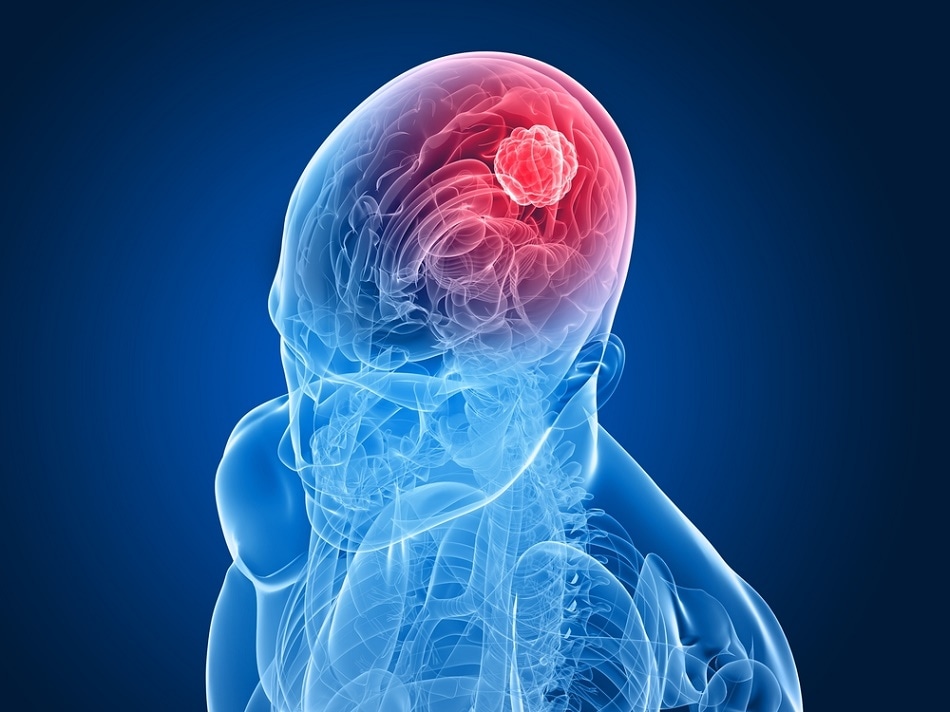Sep 20 2016
 Image Credit: Sebastian Kaulitzki/Shutterstock.com
Image Credit: Sebastian Kaulitzki/Shutterstock.com
Uppsala University researchers have studied the formation of brain tumors by employing computer modeling. The scientists demonstrated that large-scale data can be used to identify new disease mechanisms and detect new treatment targets in the future.
The study is described in detail in the recent issue of the journal EBioMedicine.
Thanks to the drastic advancements in the field of molecular biology over the past decade, the way in which cancer researchers’ work has changed drastically. Scientists today do not exclusively use various biological models such as cells, but rather rely on large-scale statistical analysis to study tumor disease and develop new treatments.
The Uppsala University researchers collaborated with scientists from Chalmers University of Technology, University of Freiburg and University of Gothenburg to develop a new algorithm known as aSICS, which employs large amounts of data to suggest hypothesis regarding “what causes what” in a cancer cell.
The published paper describes the researchers’ application of aSICS for the interpretation of data from brain tumors, and their identification of a new mechanism behind the over-aggressive brain tumor type, mesenchymal glioblastoma.
According to the computer model, mesenchymal glioblastoma is partly caused by alterations in a gene called Annexin A2. To validate the relevance of this prediction we examined samples from patients and could show that mesenchymal glioblastoma have an increased activity of Annexin A2. Subsequently, we tested to inhibit the expression of Annexin A2 in cancer cells from patients and found that the cancer cells either died or changed to a less aggressive form.
Sven Nelander, Uppsala University
The study results demonstrate that data analysis can be employed to determine which proteins or genes will affect a tumor’s development. These results were crosschecked with lab experiment results. The algorithm has been applied on other cancers producing promising results, but needs to be tweaked before further application.